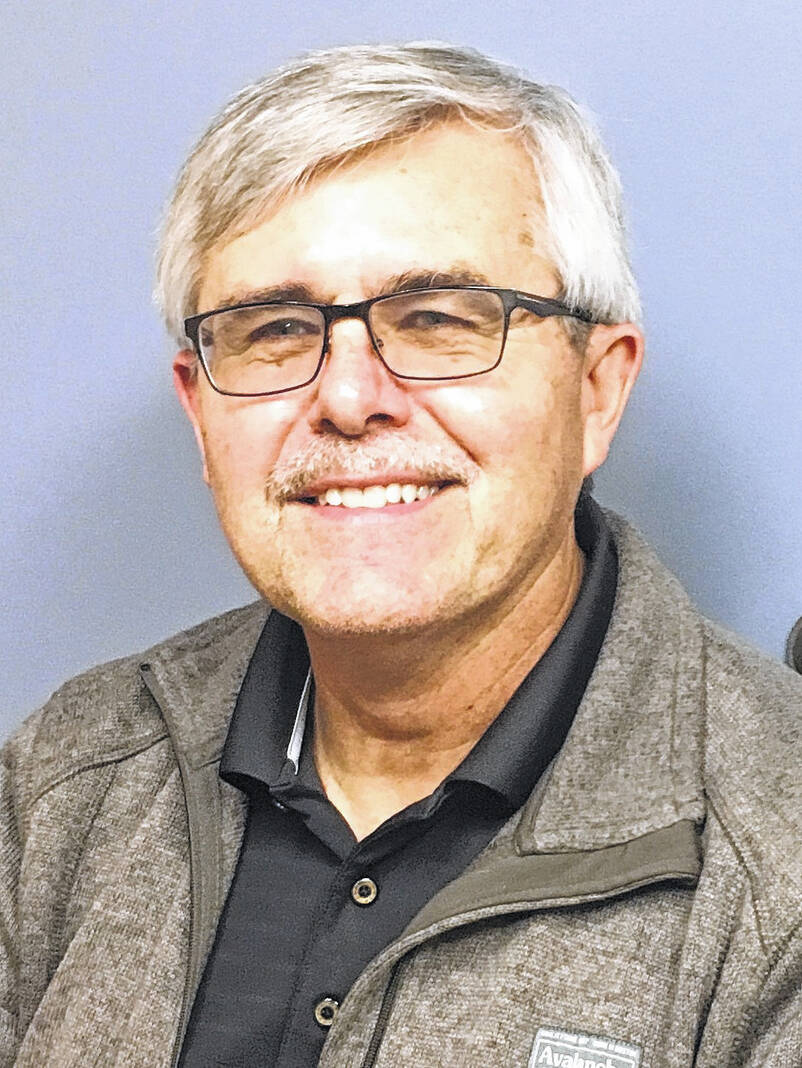
Hardin
This week I’m not writing about a hospice patient; I’m confessing my sins. I confess that giving unsolicited advice and making premature suggestions is one of my besetting sins. In retrospect, maybe that’s why my coworker, Viktoriya, bought me a figurine of a cartoonish looking little man dressed in coveralls, with an arm full of tools, with the title, “The Fixit Man”. My unsolicited advice to you is, “Mother’s tell your children not to do what I have done,” (Song, House of the Rising Sun).
Several years ago,my father-in-law, Dave, at the age of sixty-one, suffered his first of five strokes. My wife, Susie, is an only child and her father and mother depended heavily upon her, as did our three daughters, ages one, three and nine at the time. At age thirty-six we were catapulted into the “sandwich generation”, those people who are “sandwiched” between simultaneously caring for minor children and aging parents.
Members of the “sandwich generation” must allocate their limited resources, time, energy and money. Like the circus performer who tries to keep ten plates spinning on the end of poles at the same time, they usually end up dropping a few. They often feel pulled in a thousand different directions and are at risk for emotional and relationship problems simply because they are “spread too thin”. And patience is one of the things that can wear thin, as the incident below illustrates.
We were several years into our thirteen years of care giving, when, on that day that will “forever live in infamy”; I came home to find Susie sitting at the kitchen table with her forehead resting in the palms of her hands. I asked, “What’s wrong?” and she replied, “I’ve been down at mom and dads.” As she was unloading her frustration, you guessed it, I gave her my unsolicited advice; “Do you know what you need to do. You just need to tell your mom that…” Uncharacteristically, and without hesitation, Susie immediately fired back, “Did I ask you for your advice? Did I ask you to solve my problems? I was hoping that just this once you would just put your arms around me and hold me, that you would just understand.” How could I respond other than to say, “I’m sorry.” I stood corrected that day.
The bottom line is that when most people confide in us, they don’t expect or even want our advice; they just want to be understood. Paul Tournier, Swiss physician and Christian counselor wrote: “When I question the person who has just told me something he has never dared to admit to anyone else, he replies: ‘I was afraid of not being understood’… The feeling that he is understood is what helps him to live, to face any problem, however difficult, without being false to himself. It is a moment of truth, of confidence, of deep emotion, for him- but also for me.” (“The Listening Ear”)
I’ll leave you with a poem written several years ago by a thirteen-year-old young lady named Cammie. I’m warning you in advance, prepare to stand corrected, and possibly a little teary-eyed. While I was visiting Cammie’s young father who was dying of a terminal illness, Cammie interjected, “I wrote a poem, do you want to read it”. I read it that day and now I’m passing it on to you: “Today I found a friend who knew everything I felt. He knew my every weakness and the problems I been dealt. He understood my wonders and listened to my dreams; he listened to know how I felt about life and love and knew what it all means. Not once did he interrupt me or tell me I was wrong, he just understood what I was going through and promised he’d stay long. I reached out to this friend to show him that I care, to pull him close and let him know how much I need him there. I went to hold his hand to pull him a bit nearer and realized that this perfect friend was just a mirror”.
“The purpose in a man’s heart is like deep water, but a man of understanding will draw it out,” (Proverbs 20:5; English Standard Version).

